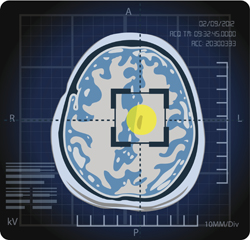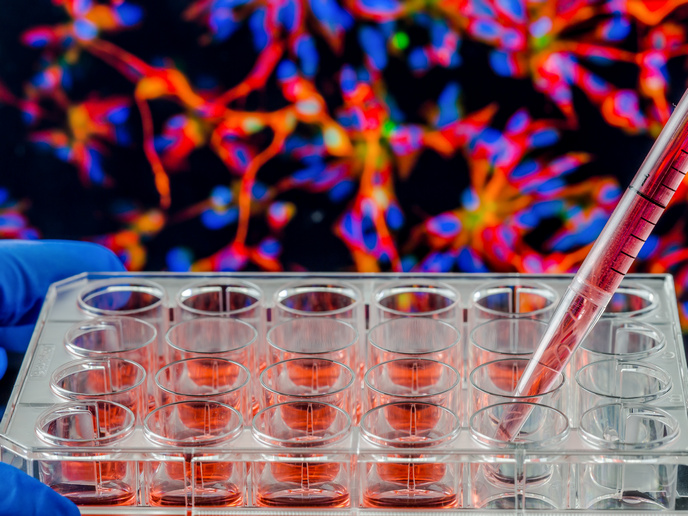A look at governing new technology for better health
As new medical technologies, diagnostic methods and treatment options emerge, the concepts of health and disease are being redefined. In such a context, the way health professionals, citizens, patients and professional organisations consider and/or exploit medical technology is constantly shifting, prompting policymakers and authorities to define this new dynamic. The EU-funded project HEALTHGOVMATTERS used social science and ethnographic analysis to contribute to related efforts. Looking at interactions among actors from caregivers to patients, the project team focused on four neurological conditions to complete their study, namely epilepsy, migraine, autism and mitochondrial disease. It investigated the links between neurology and genetics, in addition to rendering 'invisible disabilities' such as epilepsy and mitochondrial disease more visible through genome sequencing and imaging technologies. The study of high-tech diagnostics involving genetic testing, magnetic resonance imaging, computer implants and new pharmaceuticals or devices furthered this quest, bringing together fields such as nanotechnology, biotechnology and information technology. The project team also looked at how patients, organisations and medical professionals are involved in new diagnostic, predictive or therapeutic solutions and who impacts their development. Having conducted over 140 interviews with stakeholders, in addition to working with patient organisations, laboratories, clinicians and scientists, the project gathered a wealth of information on the topic. It outlined key findings in different areas such as patient organisations and professional organisations, considering as well the role of gender and generation in producing and governing medical knowledge and technologies. In essence, such a study could have an important impact on research in interdisciplinary fields such as medical sociology, anthropology and science studies. More importantly, it could help analyse and improve science and health policy, as well as health governance, in ways that can benefit patients. The results have been disseminated through workshops and the project's final conference, as well as through the project website(opens in new window) and a series of publications. With more articulate policy implications and new recommendations, converging technologies can be harnessed in the best possible manner to support the health of Europeans.







